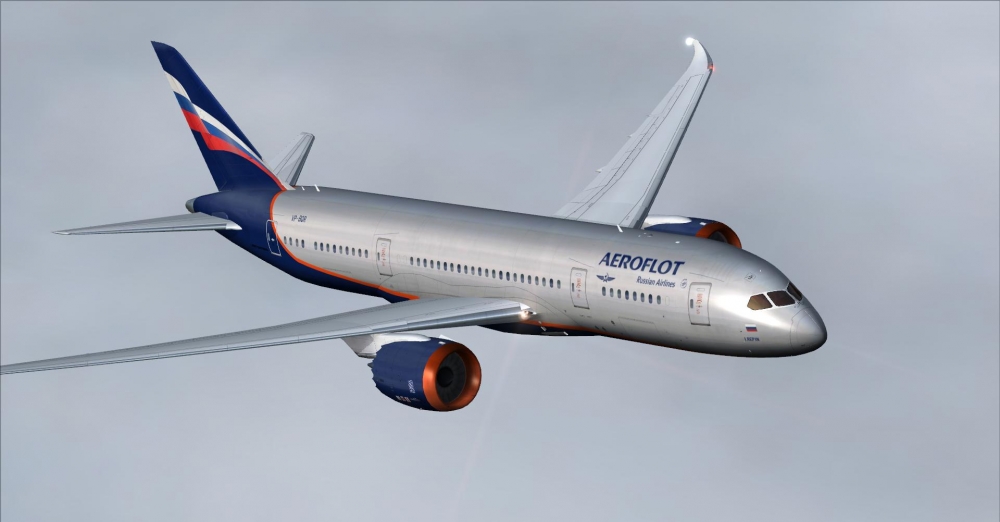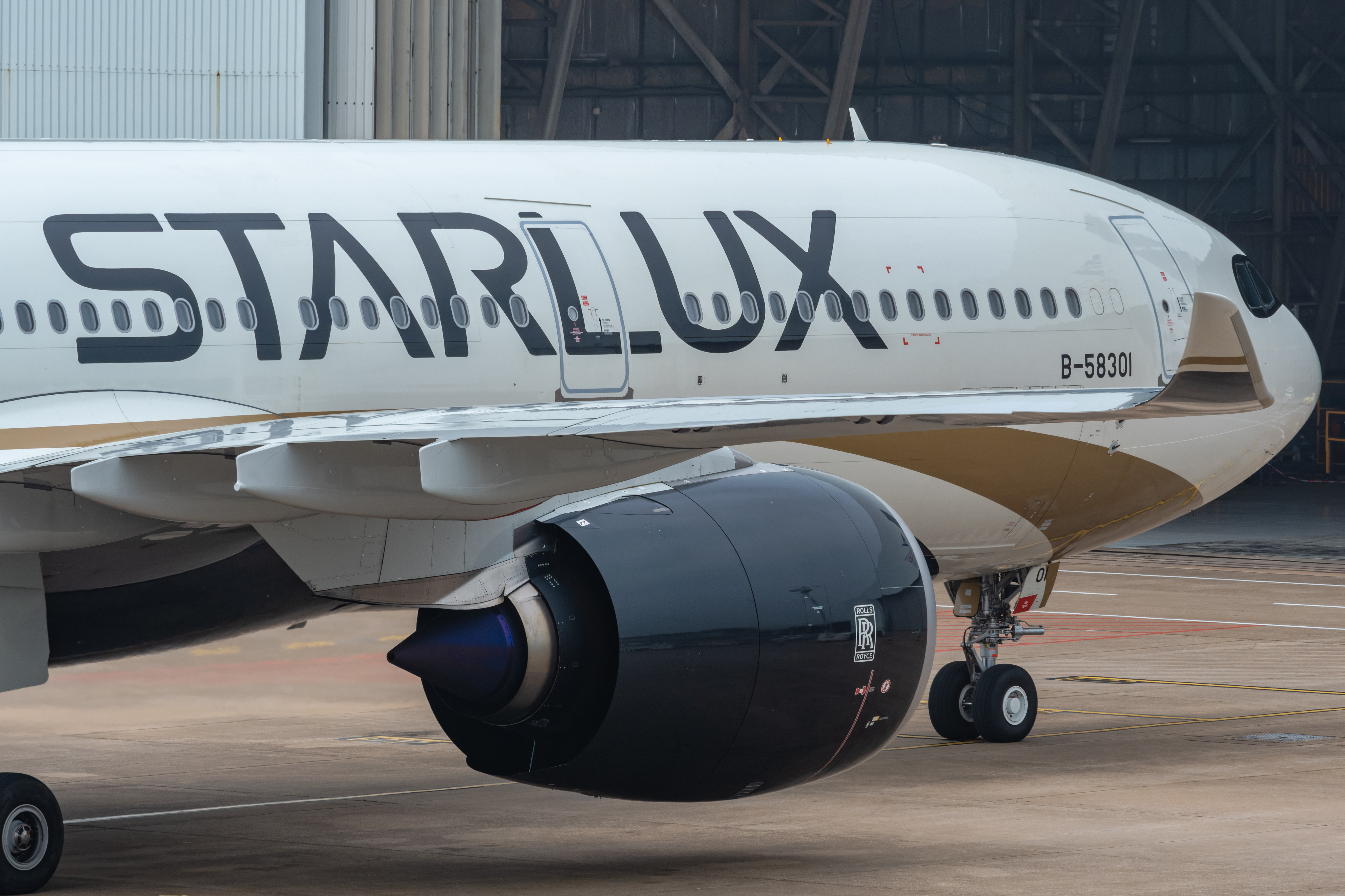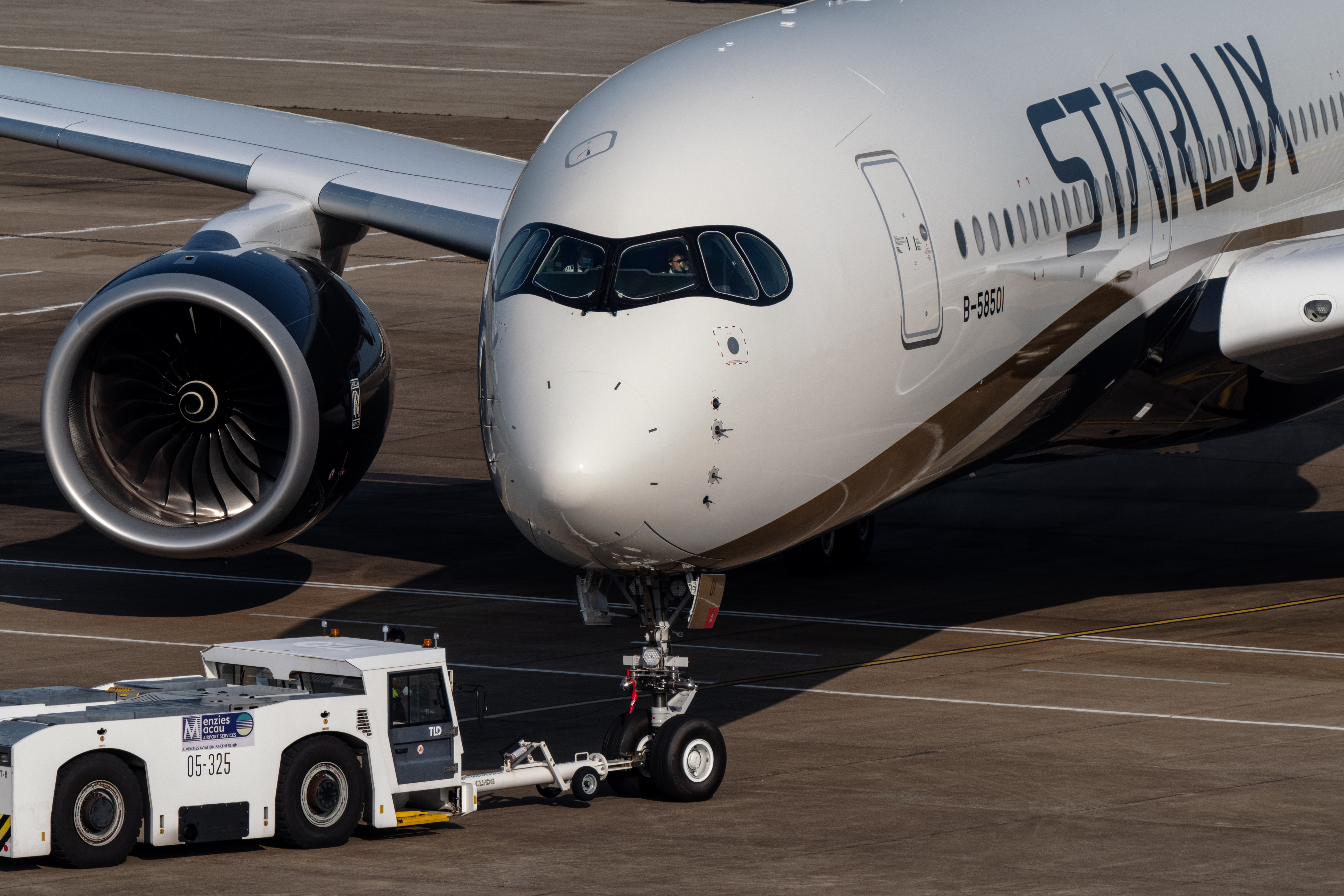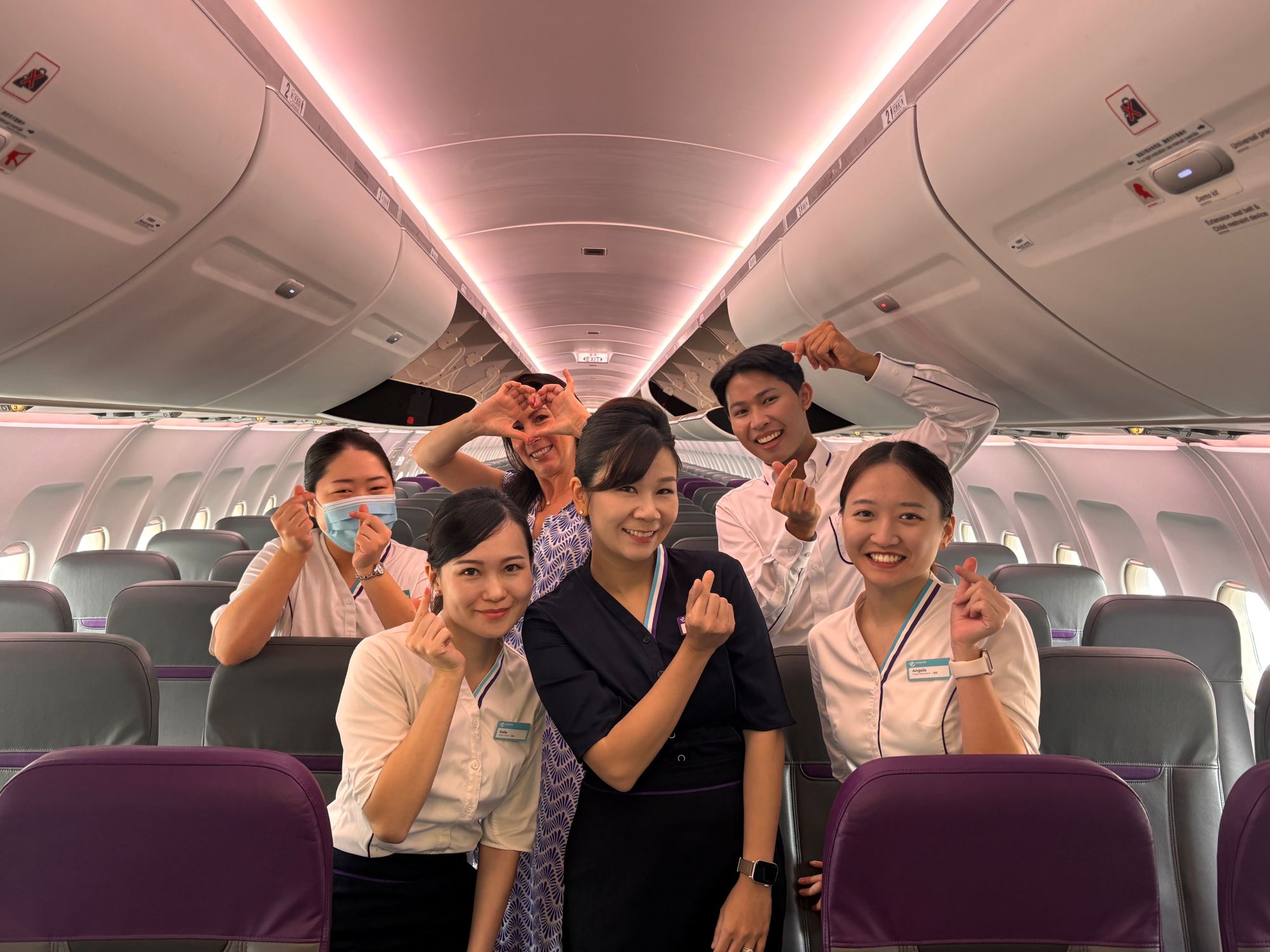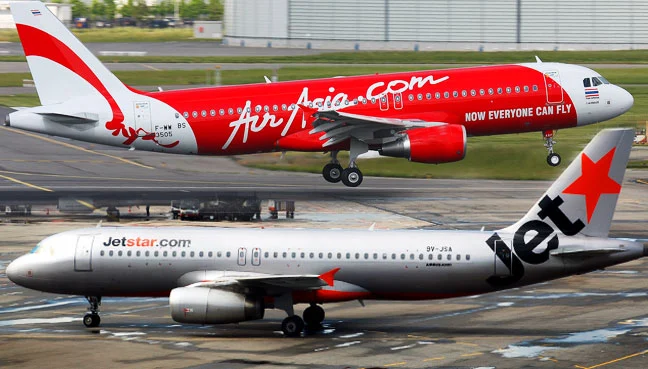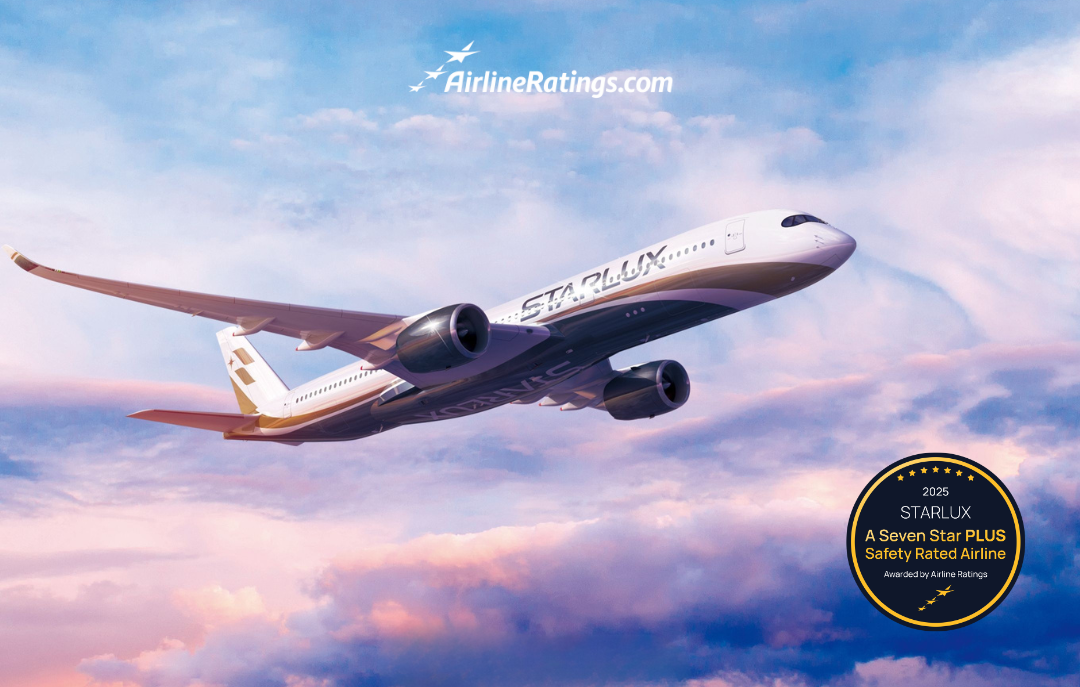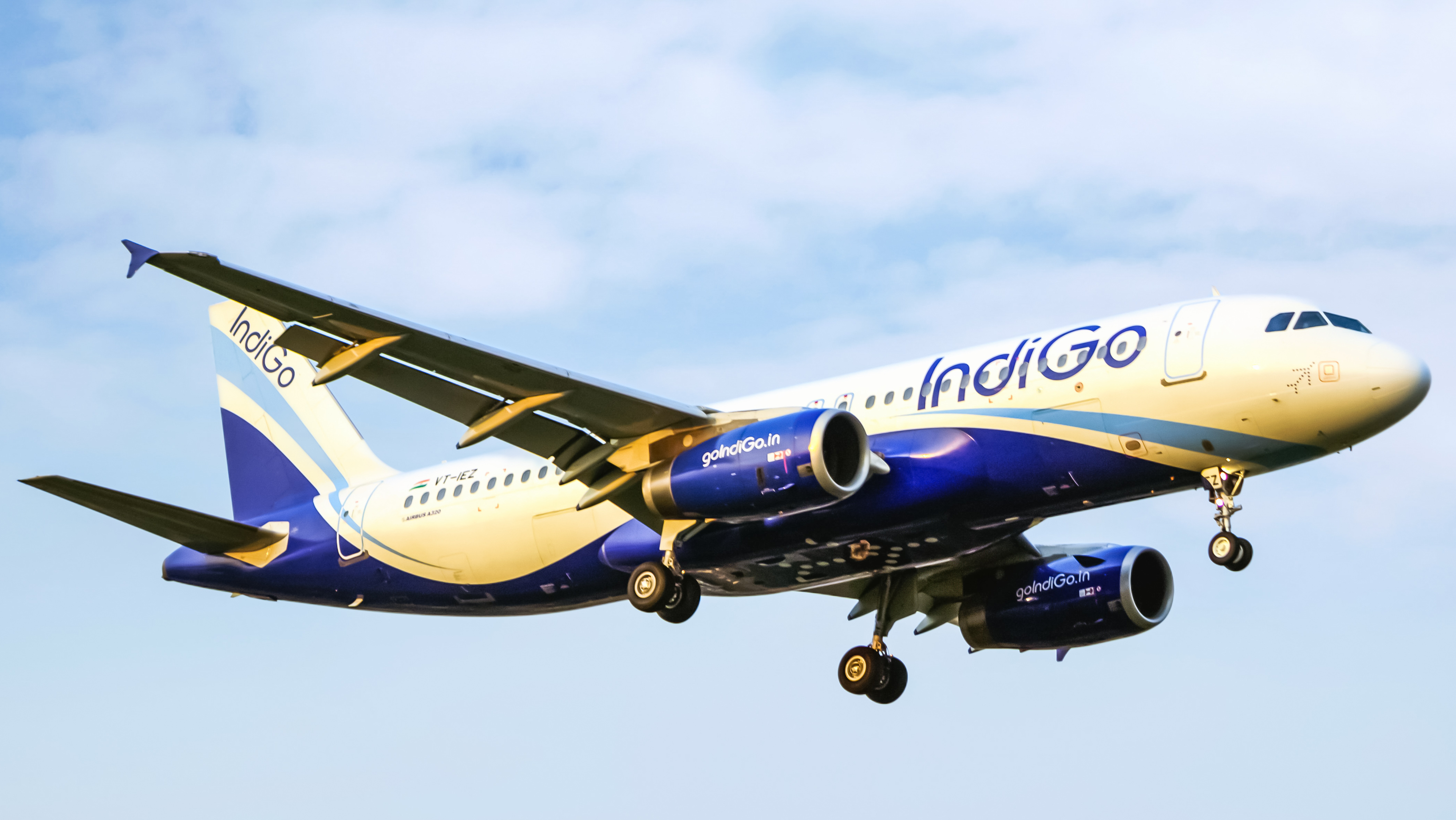By
Published Mon Sep 12 2016
Aeroflot intends to ask its shareholders to approve a deal to the transfer all rights and obligations set in a 2007 agreement with Boeing covering deliveries of up to 22 Dreamliners to the Russian leasing company Avia Capital Service (ACS).
ACS is a wholly owned subsidiary of Rostec, formerly Rostekhnologii, a Russian state corporation established in late 2007 to promote development, production and export of hi-tech industrial products for civil and defense sectors. ACS specialises in the purchase and sale of civil aircraft and equipment.
Russia’s flag carrier, a member of the SkyTeam alliance, first committed to the Boeing 787s at St Petersburg International Economic Forum (SPIEF) on June 9, 2007. The contract was firmed a couple of months later.
The idea to transfer its contract with Boeing to ACS surfaced during Aeroflot’s recent board meeting on Sept. 8. Shareholders will be asked to back the decision at the next extraordinary general meeting, the date of which has yet to be announced.
The move would not be unusual for Aeroflot, nor unexpected. Russia’s flag carrier is not keen on increasing its assets and liabilities in the current difficult economic and geo-political environment and it typically prefers leasing its aircraft over direct purchase. According to its 2015 annual report, the company leases 98.2 percent of its fleet of about 170 aircraft with 73.5 percent in operating leasing and 24.7 percent in financial leases.
Initially, the 22 Boeing 787s — currently 18 787-8s and four larger 787-9s —– were expected to be added to Aeroflot’s fleet over three years between 201r4 and 2016. They were intended “to develop our long-haul routes from Moscow, thus including Sydney, Singapore, Kuala-Lumpur as well as increase the number of flights to the destinations on the American continent,” then Aeroflot chief executive Valeriy Okulov said after putting his signature on the agreement.
But the hand-over of the aircraft was pushed back to 2016-17 due to Boeing’s development and production delays and the global financial crisis of 2008-2009, which badly impacted the aviation market in Russia.
This new delivery schedule also slipped as the Russian Federation’s economy found itself in turbulence again following the Ukraine crisis in 2014 and sanctions by some governments in Europe and North America, and counter sanctions by Russia. The country’s currency witnessed a dramatic fall (the Russian ruble collapsed against all major currencies, including the US dollar and the euro), business activities slowed and tourist traffic especially on international routes significantly dropped.
Those market conditions and the carrier’s new priorities sparked rumors that Aeroflot considered scrapping the deal with Boeing.
At the 2015 Paris Air Show, Aeroflot’s Deputy CEO for strategy and allliances, Giorgio Callegari, was quoted by Bloomberg as saying: “We had orders for the 787s which we actually cancelled as a result of a delay in the delivery of those aircraft”. Reportedly Aeroflot wanted more some $100 million in compensation for the initial delays in the 787 delivery program.
Nonetheless, the contract for 22 firm Dreamliners is still listed on Boeing website.
It is very likely that Aeroflot’s shareholders will approve the proposed deal with ACS — 51.17 percent of Aeroflot’s shares are owned by the state — though there might be a revision, once again, of the delivery schedule.
Some insiders suggest that ACS might place the Aeroflot 787 aircraft with other airlines in the region, but other carriers in Russia or CIS have shown no interest to expand their widebody fleets.
Russia’s commercial aviation is still depressed. Passenger traffic measured in revenue passenger kilometres, or RPKs, of all Russian airlines decreased by 10.9 percent in the first seven months of the year while passenger numbers were down by 8.2 percent compared to same period last year, according to official statistics.
But Aeroflot is one of the only airlines performing well. Russia’s flag carrier increased RPKs 11.3 percent in the first seven months compared to the year-ago period and it carried 10.9 percent more passengers than in Jan-Jul 2015.
